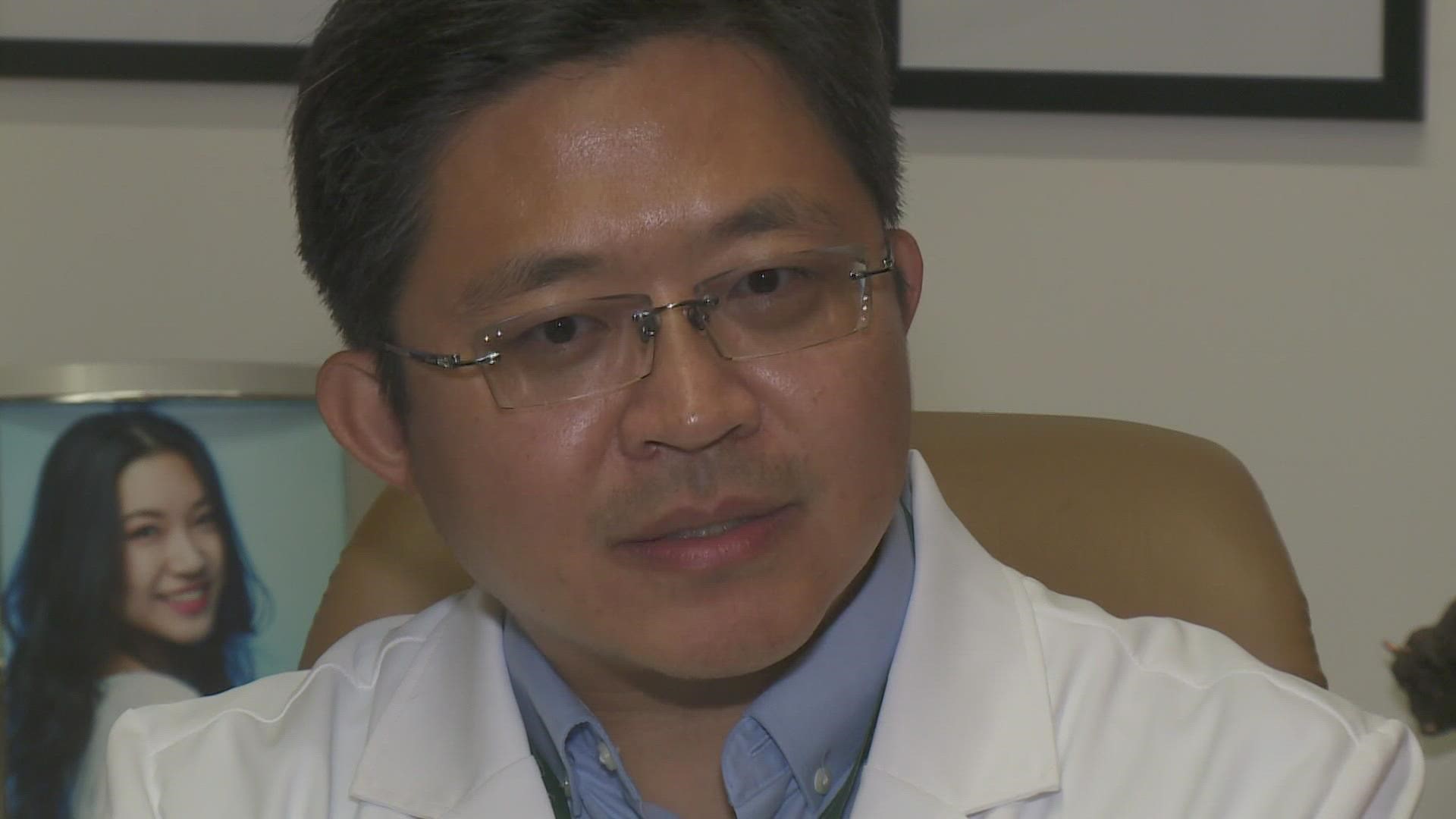NEW ORLEANS — A doctor at Tulane is working on a discovery he made, that could revolutionize how we diagnose certain kinds of cancer and his research on new technology could also mean people with hard-to-treat cancers have a much better chance of survival.
Film star Patrick Swayze's battle with pancreatic cancer was short, and then we watched as Jeopardy! Host, Alex Trebek, went through the same illness. Locally many also saw East Jefferson General Hospital CEO, Dr. Mark Peters face the same condition. It's a tough cancer because it is usually found in a late stage. That’s because there are no early symptoms.
Now a researcher at Tulane, Dr. Tony Hu, is working on his discovery that could revolutionize diagnosing pancreatic cancer.
“Early detection is the key to save the people, save the patient with cancer, and it's extremely important for the patient with pancreatic cancer,” said Dr. Tony Hu, Weatherhead Presidential Chair in Biotechnology Innovation at Tulane University School of Medicine.
He first identified a secretion that is released from pancreatic tumor cells into the bloodstream.
“One cell can secret 10,000s extracellular vesicle every day, and the vesicle can stay stably in the circulation.”
And he also created a machine that can find these particular nanoparticles in a drop of blood, differentiating them from other EV cells. Now in a project sponsored by the National Cancer Institute, Dr. Hu is looking at blood samples from pancreatic cancer patients at MD Anderson. The samples range from stage 1 to stage 4. Over the next two years he will perfect his test, figuring out what each stage looks like. Then a California company will help him get FDA approval, moving it to production.
“Hopefully three years later, and we will see this assay on the market to serve patients,” he predicted.
The technology is called a liquid biopsy. This is important because pancreatic tumors are more difficult to see in a scan. This could soon mean that a pancreatic cancer diagnosis is no longer a terminal illness for 90 percent of those it touches.
Smoking, obesity, diabetes, and getting chronic pancreatitis, are all risk factors for pancreatic cancer. Having a family history of it is too.

